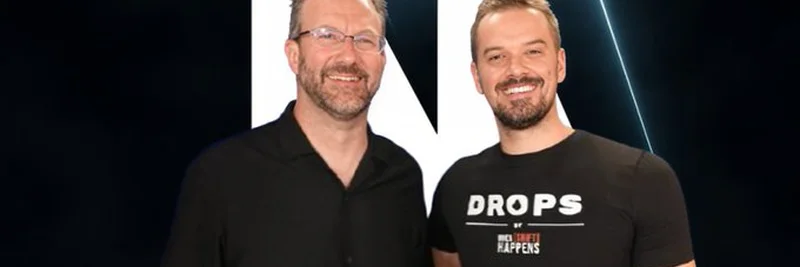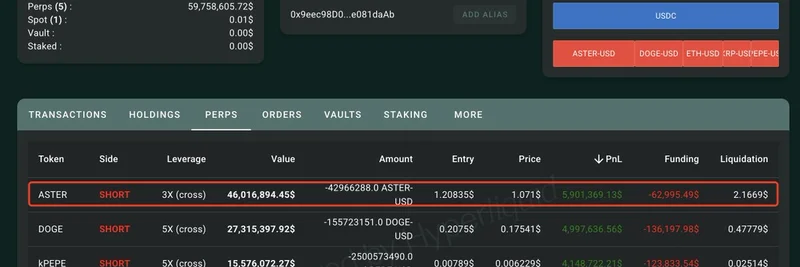Hey there, meme enthusiasts and blockchain buffs! If you’ve been keeping an eye on the latest trends in the gaming world, you’ve probably heard whispers about Web3 technology shaking things up. Today, we’re diving into an exciting X post from MR SHIFT 🦁 @KevinWSHPod that spills the beans on how Mythical Games, led by CEO John Linden, is changing the game—literally—with blockchain innovation. Let’s break it down!
The Web3 Gaming Revolution
Imagine playing your favorite mobile game, like NFL Rivals or the newly launched FIFA Rivals, and not only having fun but also owning your in-game assets. That’s the magic of Web3 gaming! John Linden, a veteran who’s worked on blockbusters like Call of Duty and Marvel Strike Force, had a lightbulb moment when he bought a $700 CryptoKitty. “It wasn’t just a 2D image of a cat,” he said. “I could sell it, burn it, or play with it.” This sparked his journey to found Mythical Games, a company focused on giving players real control over their digital stuff.
What’s cool? Most players don’t even realize they’re using blockchain tech. Mythical hides the complexity—think wallets and seed phrases—behind a seamless experience. This approach has turned NFL Rivals into a money-maker, with 65% of its revenue now coming from Web3 features like secondary trading.
Why Blockchain Matters in Gaming
Gaming is huge—half the world plays games every month! But here’s the catch: only about 5% of mobile gamers spend money. John saw this as a missed opportunity and used blockchain to tap into the 95% who engage but don’t pay. By adding in-game marketplaces and a nifty feature called Quick Trade, Mythical lets players swap assets without dealing with crypto jargon. This has boosted NFL Rivals to over $6 million in lifetime NFT trading volume, as reported by BlockchainGamerBiz.
Even better, this tech opens doors for gamers in places like Africa, where a $20 in-game purchase can mean a week’s worth of groceries. It’s all about creating value where traditional gaming left gaps.
The Polkadot Connection
So, how does Mythical make this work? Enter Polkadot, a blockchain network that’s like the backbone of their system. John explained that early experiments with Ethereum were a bust due to high gas fees—imagine paying $60 to transfer a $10 item! Polkadot’s scalable infrastructure and low costs, paired with Mythical’s own Mythos chain, solve this. Every transaction burns a bit of the fee, making the MYTH token deflationary and more stable.
This setup lets Mythical build sustainable economies with limited-edition items like player cards, avoiding the hype-and-crash cycles of some crypto games. It’s a smart move that keeps the focus on fun and utility.
What’s Next for Mythical Games?
With FIFA Rivals already hitting #1 on app store charts, Mythical isn’t slowing down. They’re gearing up for a new project blending social gaming, cloud tech, and AI agents. The goal? Make Web3 so invisible that a billion players use it without noticing. “That’s success,” John says.
Why This Matters for Meme Token Fans
You might wonder, what’s this got to do with meme tokens? Well, the principles of player ownership and decentralized economies in Web3 gaming mirror the wild world of meme coins. Just like Dogecoin or Shiba Inu thrive on community and utility, Mythical’s approach shows how blockchain can empower users. Keep an eye on this space—gaming and meme tokens might just cross paths in the future!
If you’re intrigued, check out the full convo on When Shift Happens or your favorite podcast platform. What do you think about Web3 gaming? Drop your thoughts in the comments—we’d love to hear from you!



